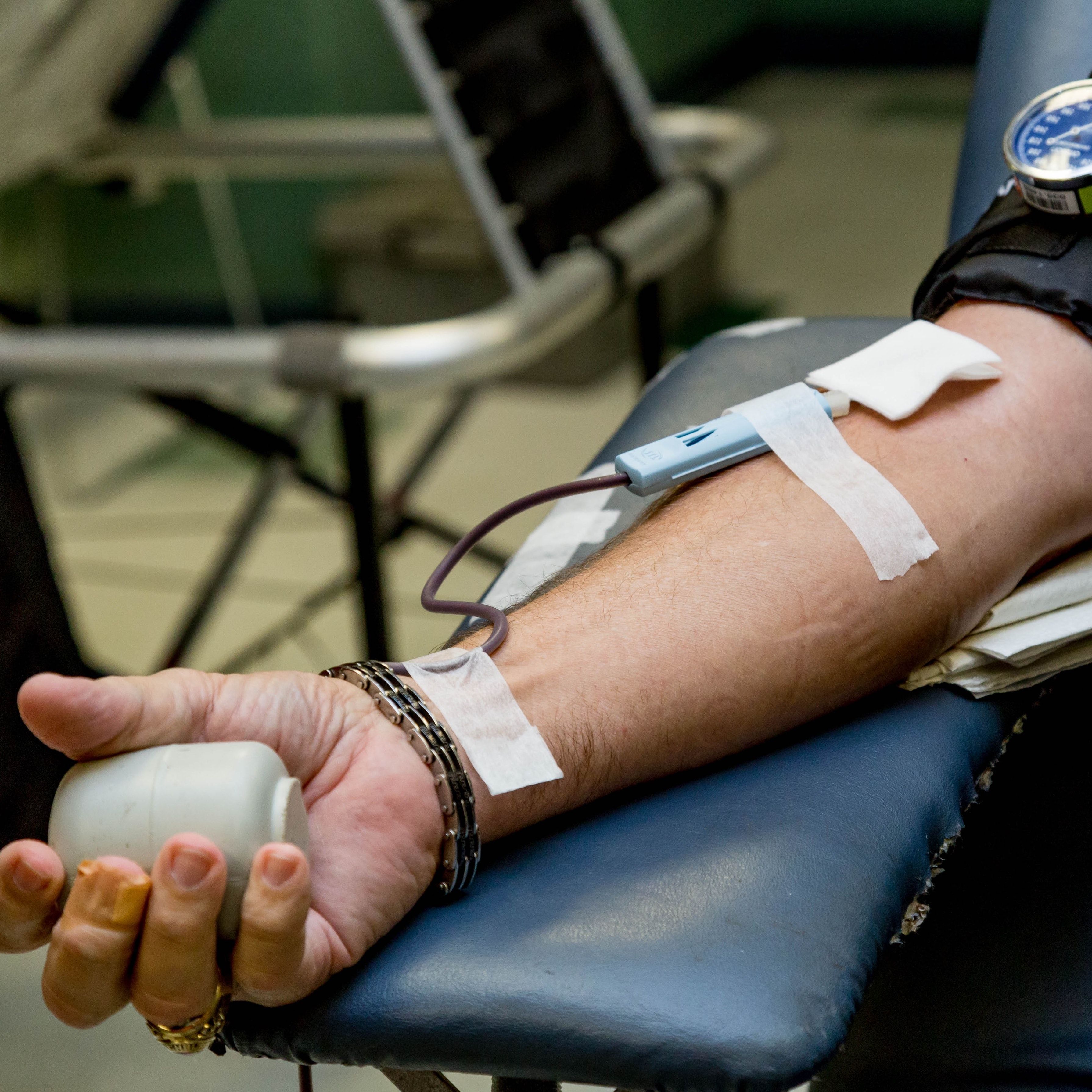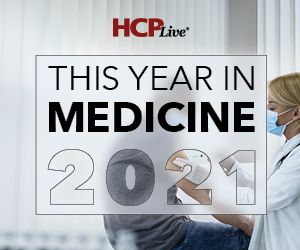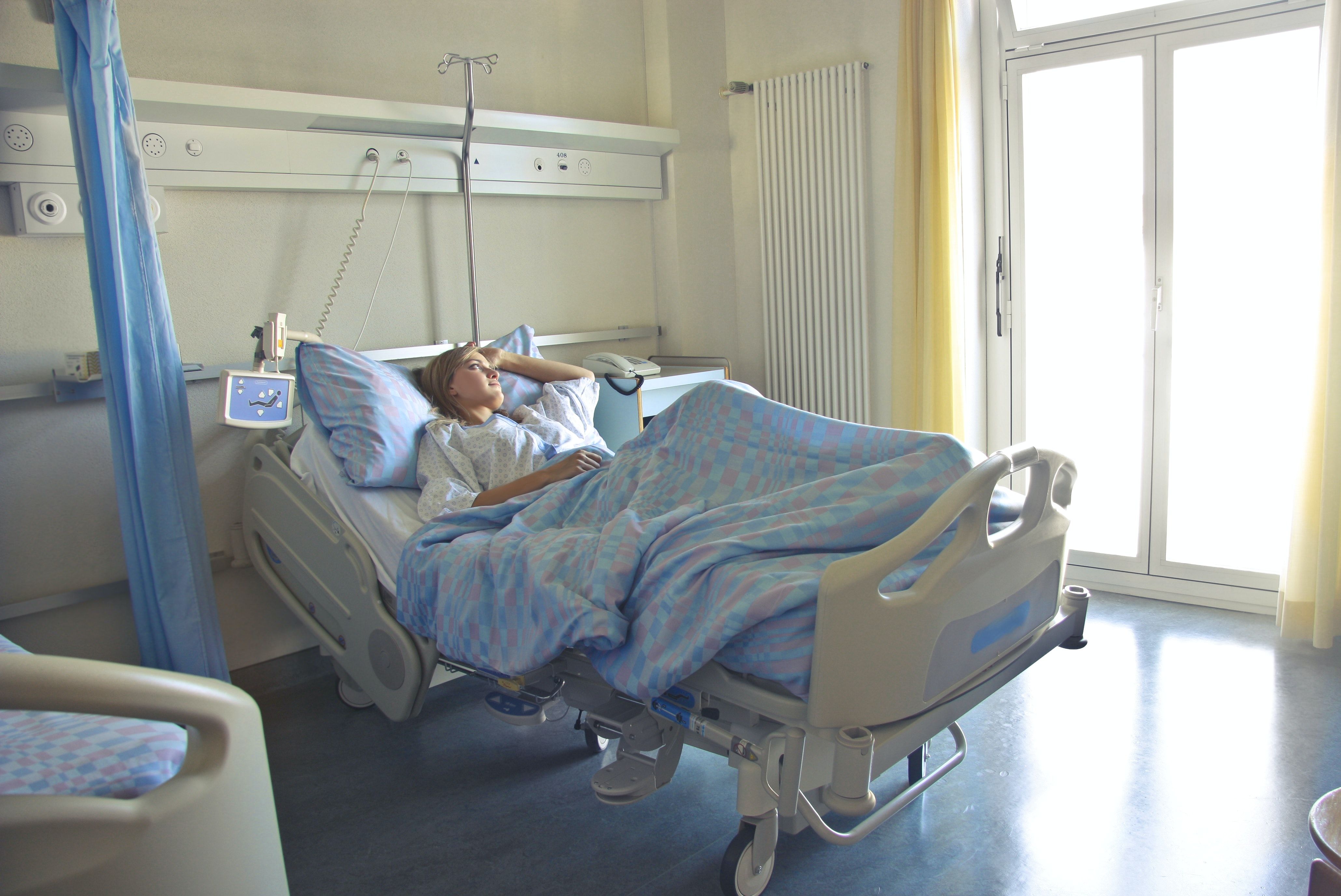Article
Gilead Gives UN Organization Licensing Rights to HIV Drug
Author(s):
As a result the Medicines Patent Pool will have sub-license rights to generic drugmakers in India, China, and South Africa for the integrase stand inhibitor drug.

Gilead Sciences has entered a new licensing agreement with the Medicines Patent Pool (MPP) that would expand access to bictegravir, an investigational HIV drug, pending its US Food and Drug Administration (FDA) regulatory approval.
As a result, the United Nations-supported public health organization will have sub-license rights to generic drugmakers in India, China, and South Africa for the integrase stand inhibitor drug. Generic therapies could be manufactured for distribution in up to 116 countries in need of such therapies.
Bictegravir, which Gilead submitted a new drug application (NDA) to FDA as part of a fixed-dose combination with emtricitabine/tenofovir alafenamide (Descovy) for HIV this June, could serve in combination therapies “crucial for people living in resource-limited settings,” MPP executive director Greg Perry said.
"With this new license, we look forward to our long-running collaboration with Gilead Sciences continuing to deliver significant results,” Perry said.
The partnership is the third expansion of a Gilead-MPP agreement to share HIV medicine intellectual property rights in 2011. Gilead will also expand licensing deals with Sun Pharmaceutical, Strides Shasun, Mylan and SeQuent Scientific to include bictegravir for distribution in the 116 countries.
Under these agreements, manufacturers could produce bictegravir as either a single agent or with a combination therapy with other HIV medicines, according to Gilead.
The potential HIV therapy was granted priority review by the FDA in August. Its US market application will be considered in February 2018.
Late-stage study data presented this week showed that bictegravir, as part of the fixed-dose combination, was non-inferior versus boosted protease inhibitor-based regimens in virologically suppressed HIV-1 infected adults. Additionally, no treatment-related resistance was noted in patients through 48 weeks of therapy.





